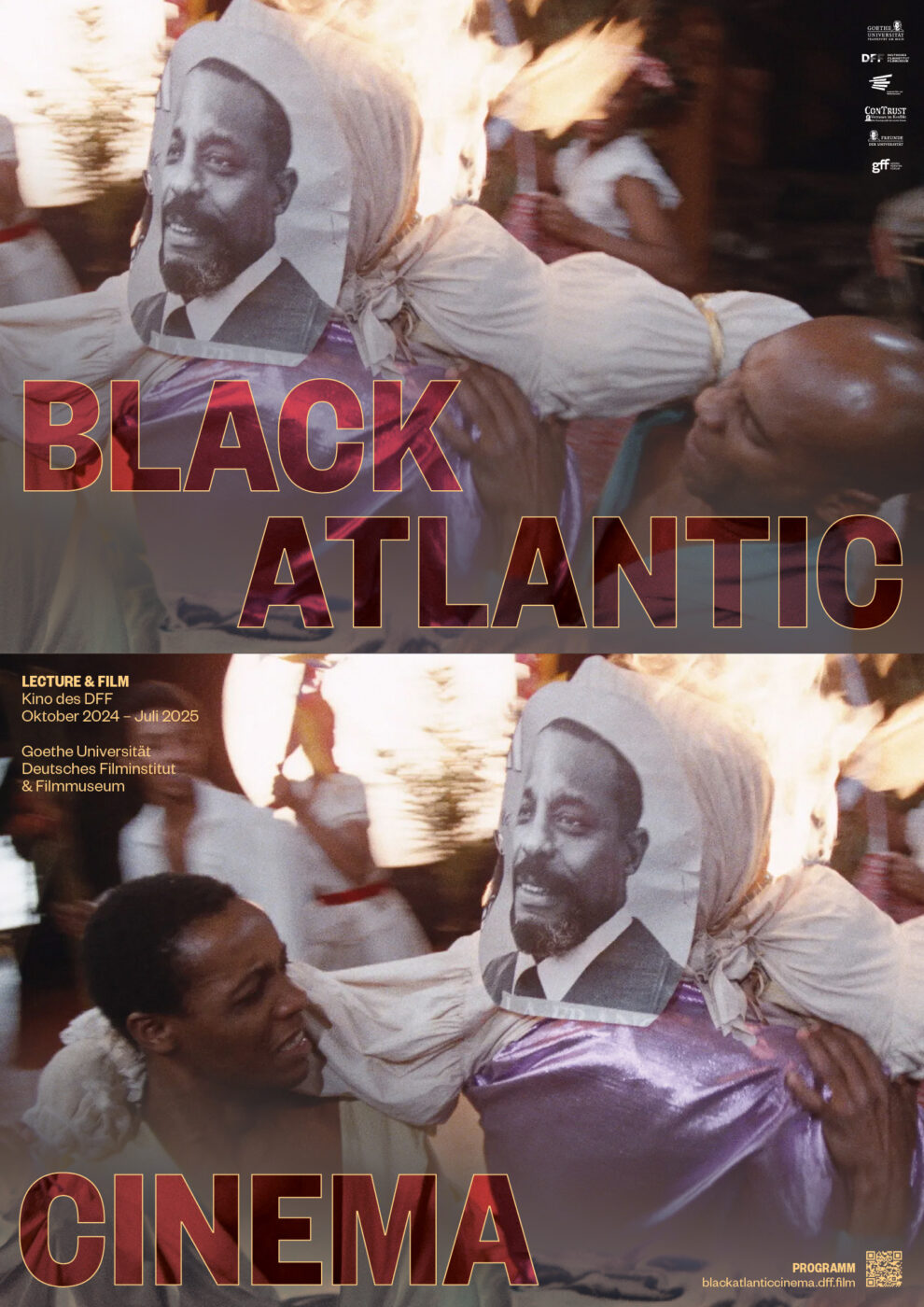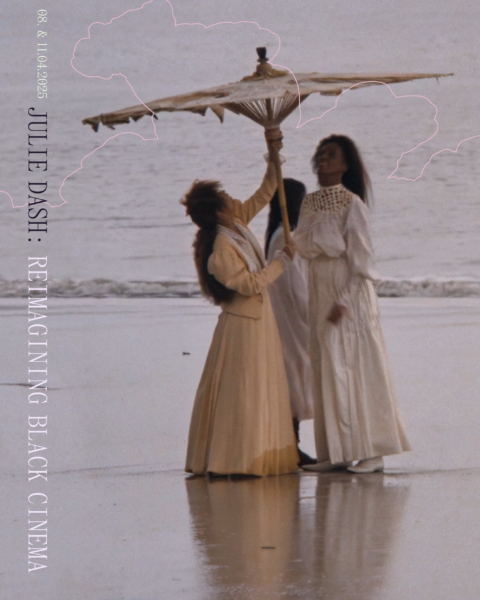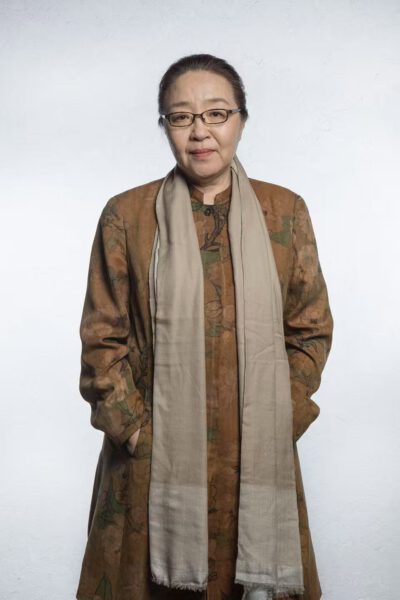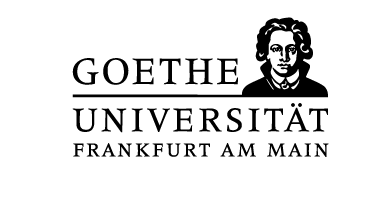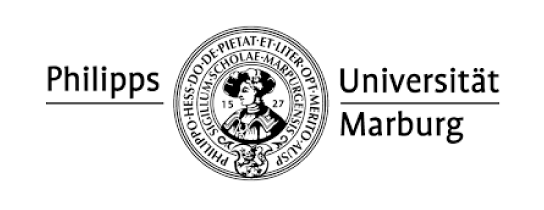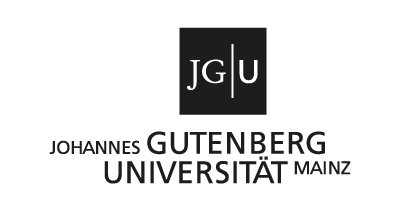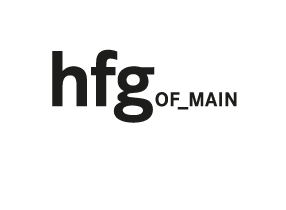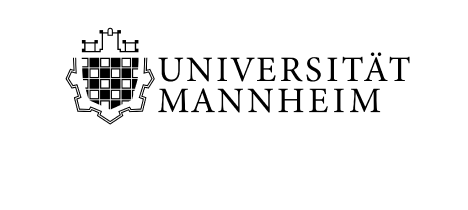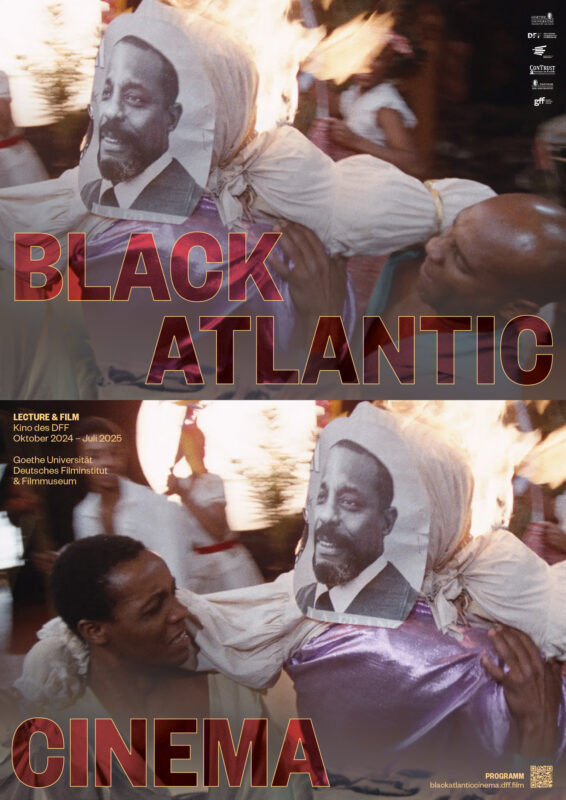
Black Atlantic Cinema
“Seeing oneself through the eyes … of a nation that looked back in contempt”: This is how W.E.B. DuBois described the “double consciousness” which marks the life of subordinated groups in oppressive societies. Moving beyond the frame of the nation state and national cinemas, the concept of “Black Atlantic Cinema” considers a practice of film which spans the space of three continents and a history of several centuries. In the Lecture & Film series “Black Atlantic Cinema” scholars, curators and artists approach the ways in which filmmakers deal with the challenge of double consciousness across the Black Atlantic, from Africa to Brazil and the Caribbean to (post)colonial Europe. The series is curated by Didi Cheeka, Daniel Fairfax and Vinzenz Hediger with support from Feven Haile Organized by the Institut für Theater-, Film- und Medienwissenschaft of Goethe Universtät and DFF in cooperation with ConTrust – Trust and Conflict in Political Life and supported by the Hessische Film- und Medienakademie, Zentrum für Interdisziplinäre Afrika Studien der Goethe Universität and Georg Foster Forum of Johannes Gutenberg Universität Mainz.
All talks in English. All events at Kino im Deutschen Filmmuseum, Schaumainkai 41, 60596 Frankfurt am Main
8.5.2025, 8pm / 20 Uhr
Karina Griffith (Berlin)
Flânoirie: inscribing mobility through walking in Black German film
A young university student searches for a room to let. An American GI searches for love between visiting record shops and gigging with his band.
Olingo and They Call It Love, respectively, are both black and white student films featuring wandering Black male protagonists in Germany. In her lecture, Karina Griffith introduces the term flânoire films, which she uses to describe works spearheaded by Black authors of German cinemas that refuse the stagnation of affects such as consternation (Betroffenheit) in exchange for active vibes. Flânoire films are characterized by their representations of unfettered Black mobility in Europe and a focus on respect rather than belonging.
Dr. Karina Griffith teaches in the Faculty of Architecture, Media and Design as Professor of Intersectional Visual and Media Theory at the Berlin University of the Arts (UdK). She holds a PhD in Cinema Studies from the University of Toronto and a Masters in Feature Film from Goldsmiths College London. She has been part of the curatorial team of the Berlinale Film Festival section Forum Expanded sinc 2021, and she is one of 12 fellows selected for the 2025 VILA SUL residency program in Salvador de Bahia, Brazil.
Films: They Call It Love, King Ampaw, BRD 1972, Olingo, Emile Itolo, DDR 1966, 11 min.
15.5.2025 8pm / 20 Uhr
Janaína Oliveira (Rio de Janeiro)
Encruzilhadas das águas / Water Crossings, routes for the Black Brazilian Cinemas’
experiences
“We are always in the middle of the journey,” says essayist and poet Dionne Brand in A Map to the Door of No Return. The crossing of the Atlantic marks Black people's historical and aesthetic experiences, bringing fragmentation and incompleteness, but also the crossroads that shape lives in the African diasporas. The Encruzilhadas das águas / Water Crossings program offers a path for thinking about the Atlantic routes that shape Black cinemas in Brazil, proposing the encounter of contemporary works with Zózimo Bulbul's pioneering film, in a kind of cinematographic panorama through the waters.
Janaína Oliveira hold a Ph.D. in History and is a professor at the Federal Institute of Rio de Janeiro (IFRJ). She is Head Programmer at the Zózimo Bulbul Black Film Festival in Rio de Janeiro and on the programming committees for FINCAR (Festival Internacional de Cinema de Realizadoras) and International Women Filmmakers Festival in Recife.
Film Program:
Alma no Olho (Soul in the eye), Zózimo Bulbul (Brazil, 1973, 13 min)
NoirBlue, Displacents of a dance, Ana Pi, Brazil, 2018, 27 min.
Se o mar tivesse varandas (If the sea had balconies), Aline Motta, Brazil, 2017, 9 min.
Mal di Mare (Seasick), João Vieira Torres, France/Brazil, 2021, 15 min.
Mar de Dentro, Lia Letícia, Brazil, 2024, 8 min.
De um lado do Atlântico (On One Side of the Atlantic), Milena Manfredini, Brazil, 2017, 7
min.
5.6.2025 8pm / 20 Uhr
Ayo Coly (Dartmouth)
African Boats and Scenes of Mourning in the Postcolonial Black Atlantic.
In this presentation, I query the trope of the African migrant boat in recent African cinemas. The trope has emerged in response to the phenomenon of the so-called “death-boats” that attempt to smuggle African migrants and refugees across the Atlantic to Europe. My presentation reads the trope in conversation with scholarship on the Black Atlantic and on modalities of mourning in the wake of the Middle Passage.
Ayo A. Coly holds the Class of 1925 Chair at Dartmouth College where she is a Professor of Comparative Literature and African and African American Studies.
Film: The Pirogue, Moussa Toure, Artmattan Productions, Senegal 2013, 87 min.
26.6.2025, 8 pm / 20 Uhr
Femi Shaka (Port Harcourt)
The Black Altantic and the Politics of Self-Representation in the Cinema: A Critical Analysis
of Mati Diop’s Atlantics (2019)
Paul Gilroy’s seminal work, The Black Atlantic (1993), is cardinal to an understanding of the “ideas of the nation, nationality, national belonging, and nationalism” as experienced by blacks in the diaspora. But as Zeleza (2005) noted, “Gilroy’s central concern was to deconstruct the idea of the black race, to divorce it from any African essence or presence, to demonstrate its fluidity, mutability and modernity, and that black Atlantic cultural identities emerged in transnational and intercultural spaces of the diasporic experience itself.” This is where the work becomes problematic. Mati Diop’s film, Atlantics (2019) offers a starting point for a critical discussion of how members of the refugee diasporas are represented in the cinema.
Femi Shaka is professor of cinema studies at the University of Port Harcourt, Nigeria.
Film: Atlantics, Mati Diop, France/Senegal/Belgium 2019, 105 min.
3.7.2025, 8 pm / 20 Uhr
Jessica Gordon-Burroughs (Edinburgh)
Diasporic Aesthetics, Intermedial Dialogues. The films of Nicolás Guillé Landrián
Afro-Cuban filmmaker and artist Nicolás Guillén Landrián’s final cinematic work in exile, Inside Downtown, co-directed with Jorge Egusquiza, has barely been discussed in the growing critical literature on his oeuvre. This omission points to the persistent difficulties of making visible cinematographic works produced outside national production systems. However, it also derives from the gaps and displacements in the supports and media that inevitably accompany diasporic production, and that often disguise unexpected continuities in the trajectory of an artist.
Jessica Gordon-Burroughs is Lecturer in Latin American Studies and Visual Culture at the University of Edinburgh. Her essays have appeared in Journal of Latin American Cultural Studies, Journal of Cinema and Media Studies and Discourse.
Film program:
Coffea Arábiga, 1968, 18 min.
Ociel del Toa, 1965, 17 min.
En un barrio Viejo, 1963, 9 min.
Los del baile, 1965, 6 min.
Inside Downtown, 2011, 30 minutes
10.7.2025 6pm / 18 Uhr and 8 pm / 20 Uhr
Usha Iyer (Stanford)
The Intimacies of Four Continents in Caribbean Cinema
This program of two films from the Caribbean – a fiction feature and a documentary will extend the frame of the Black Atlantic by considering connected migrations across the Atlantic and Indian oceans, and histories of African enslavement and Asian indenture. The many connections and frictions between African, Indian, Chinese, Javanese and indigenous cultures of the Caribbean reveal the intimacies wrought by plantation capitalism between four continents – Africa, Asia, the Americas, and Europe.
In the experimental documentary, My Mother’s Place (1990) fourth-generation Chinese-Trinidadian-Canadian video artist, Richard Fung, weaves a loving portrait of his mother, Rita Fung, whose grandparents came to the Caribbean from China as indentured laborers in the mid-19th century. Wan Pipel, released a year after Suriname’s independence from the Netherlands, features a rich tapestry of characters and locales that captures the Black and Brown Atlantic as well as the energies of a newly decolonized nation.
Usha Iyer is associate professor of film and media studies at Stanford University and the author of Dancing Women. Choreographing Corporeal Histories of Hindi Cinema (Oxford: Oxford University Press 2020).
Films:
6 pm / 18 Uhr: My Mother’s Place, Richard Fung, 1990, 49 min.
8 pm / 20 Uhr: Wan Pipel, Pim de la Parra, 1976, 105 min.
17.7.2025, 8 pm
Aboubakar Sanogo (Ottawa)
West Indies, the Black Atlantic and Knowledge: Med Hondo’s Ambulatory Cinema
West Indies is not only Med Hondo’s most formally accomplished work, but it is also his most powerful manifesto and cinematic treatise on the Black Atlantic and its status as an archive, a repository and producer of multiple (beyond the DuBoisian double), contradictory, superimposed yet complementary consciousnesses and “unconsciousses.” To retrieve and reactivate them, he produces an ambulatory mode of filmmaking that also doubles an epistemology for humanity’s very future.
Abouakar Sanogo is an associate professor of cinema at Carleton University in Ottawa, Canada. A scholar and curator of African cinema, Sanaogo is also the initiator of African Film Heritage Project (AFHP), a partnership between FEPACI, Martin Scorsese’s Film Foundation and the United Nations Educational, Scientific and Cultural Organization (UNESCO).
Film: West Indies, ou les Nègres marrons de la liberté, Med Hondo,
France/Algeria/Mauretania 1979, 105 min.
24.7.2025, 8pm
Awa Konaté (Abu Dhabi / London)
Ruptures Beyond the Frame
This presentation explores the significance of curating Black Atlantic cinema as an essential curatorial praxis of memory work, focusing on its capacity to confront double consciousness and offer alternatives for Black survival. Engaging with W.E.B. Du Bois’ notion of seeing oneself “through the eyes of a nation that looked back in contempt,” the presentation propounds the ways in which curators vis-a-vis filmmakers in the Black Atlantic draw upon the political work of film to rethink today’s globalised world. Moving beyond the restrictive frameworks of the nation-state and national cinemas, the concept of Black Atlantic Cinema provides a transnational lens through which African and diasporic filmmakers articulate histories of displacement, resistance, and world-making across three continents and several centuries. Med Hondo’s Soleil Ô (1970) dramatizes the alienation of African migrants in France, capturing the psychic dissonance of double consciousness within a neocolonial European landscape. Similarly, Martina Attille’s Dreaming Rivers (1988) poetically meditates on migration and diasporic memory, constructing a cinematic language that resists the linearity of national belonging. By curating these films within a Black Atlantic Cinema framework, this presentation argues for a transnational curatorial approach that foregrounds cinema as both a continental and diasporic medium—that not only reveals the fractures of double consciousness, but also generates new modalities of Black being and survival beyond the borders of the nation-state.
Awa Konaté is a curator, art consultant, and founder of the curatorial platform Culture Art Society (CAS). Her curatorial practice draws on archival research, Black feminist pedagogies, and memory work, with a particular interest in interdisciplinarity and lens-based practices of African descendant artists, and their resonance within global contemporary art.
Films:
Soleil Ô (Oh, Sun) Med Hondo, Mauritania/France 1970, 98 min.
Dreaming Rivers Martina Judah Attile, UK 1988, 30 min.
